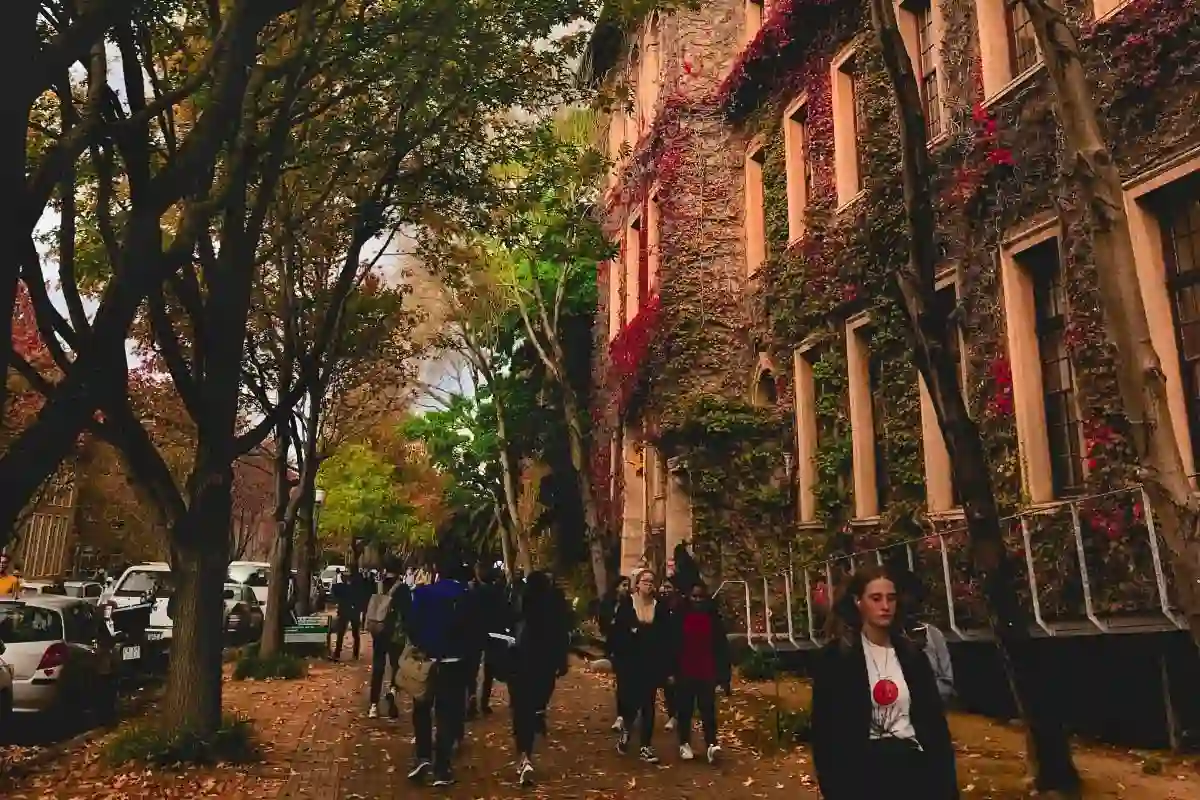As artificial intelligence becomes a bigger part of everyday life, especially in education, the University of Cape Town (UCT) is stepping up with a new approach that’s turning heads.
Instead of relying on AI-detecting tools to catch students out, UCT is choosing to trust in smarter teaching methods—and ditching the old tactics.
Out with AI Detectors, in with Real Learning
Starting October 1st, UCT will no longer use tools like Turnitin’s AI Score to identify AI-generated content in student submissions.
Why? The university says the tools just aren’t reliable enough—and more importantly, they risk damaging trust between students and educators.
“We don’t believe in magic solutions,” said Sukaina Walji, who heads UCT’s Centre for Innovation in Learning and Teaching.
“We’re more interested in the journey of learning, not just the final product.”
What the New Framework Actually Does
This big shift is part of UCT’s broader plan called the UCT AI in Education Framework, a year-long project shaped through consultation and collaboration.
It’s about helping both staff and students understand how to use AI responsibly and transparently.
Instead of trying to “catch” students using AI, the university is redesigning how it assesses learning.
Think oral exams, group work, and assignments where students have to explain how AI helped—or didn’t.
Staff and Students Won’t Be Left Guessing
To make the transition smoother, UCT is offering real support.
There’ll be educator workshops, online guides, and even a six-week course for lecturers to get familiar with the new approach.
It’s about making sure AI is a tool for growth, not a threat to academic integrity.
Critics Say It’s About Time
Some education experts think this move is long overdue.
Professor Jonathan Jansen didn’t hold back, saying South African universities should have taken steps like this five years ago.
Arthur Goldstuck, a well-known tech analyst, also welcomed the change.
He called AI detectors “flawed” and warned that over-reliance on them could end up punishing innocent students.
“Some students are using AI to write entire papers,” he said, “but these tools just aren’t smart enough to fairly tell who’s done what.”
Shifting the Focus: From Policing to Empowering
The heart of UCT’s approach is simple: Instead of policing AI use, teach students how to use it well.
Make assessments tougher to “cheat” on with AI, and encourage transparency about how the technology is being used.
It’s not about banning AI. It’s about creating a system where AI doesn’t replace learning—it supports it.
The Bigger Debate: Help or Harm?
As universities around the world wrestle with the role of AI in the classroom, UCT’s approach adds fuel to the ongoing conversation.
Is AI ruining education, or transforming it for the better?
UCT seems to think it’s the latter—as long as we handle it the right way.
